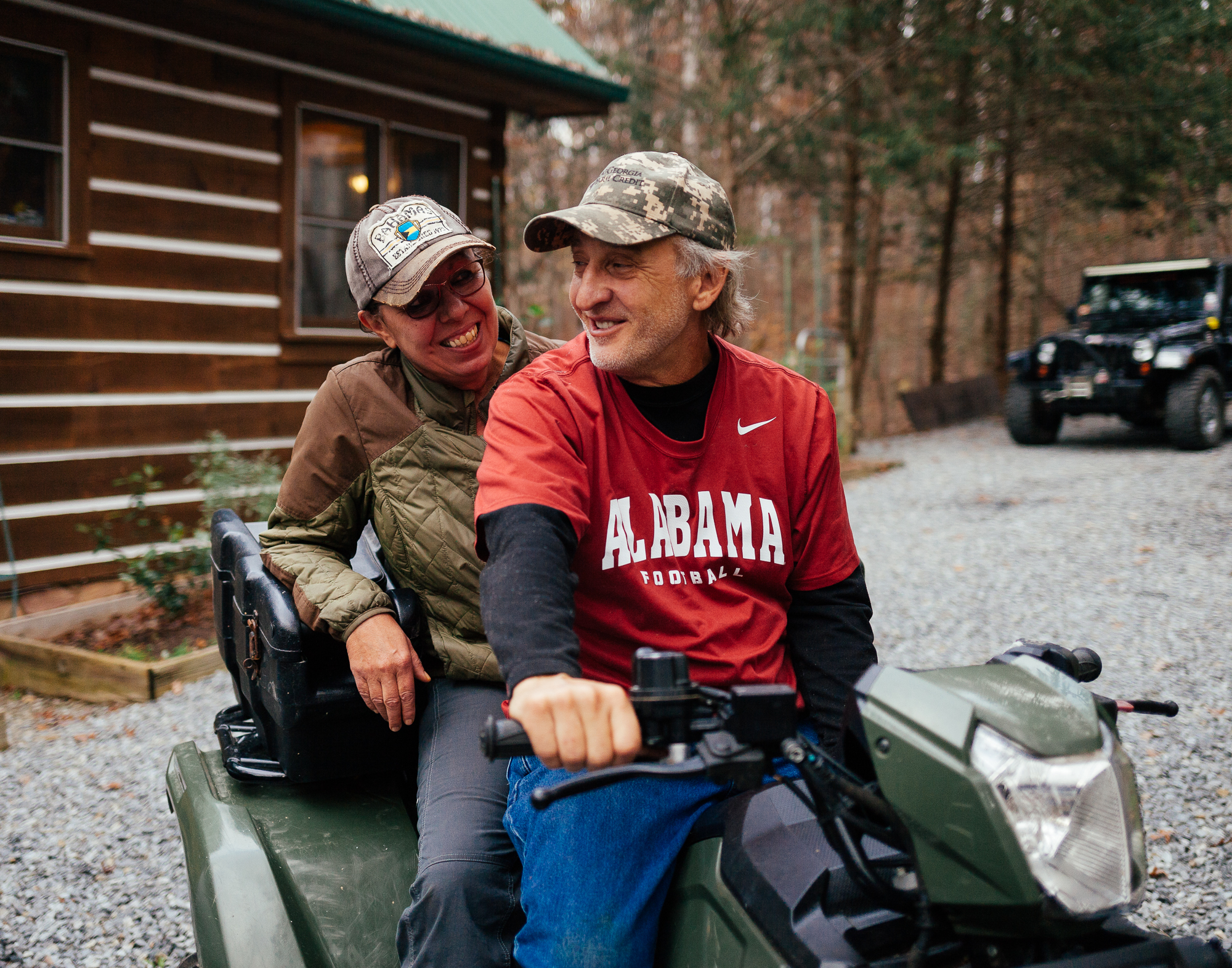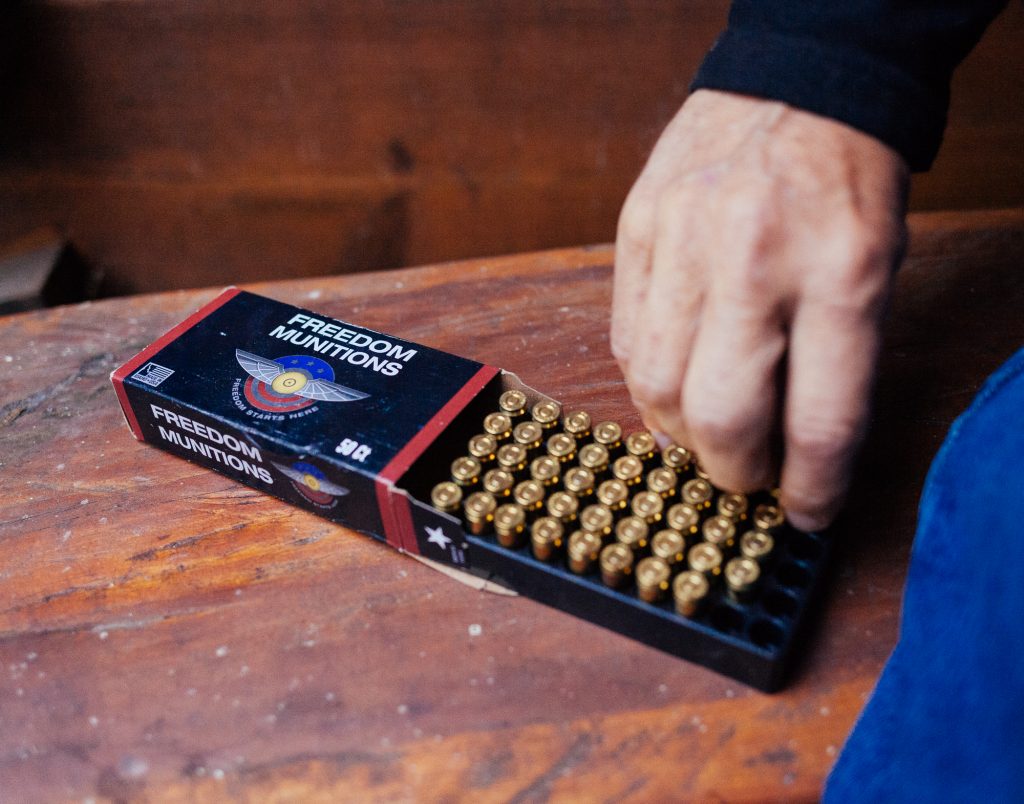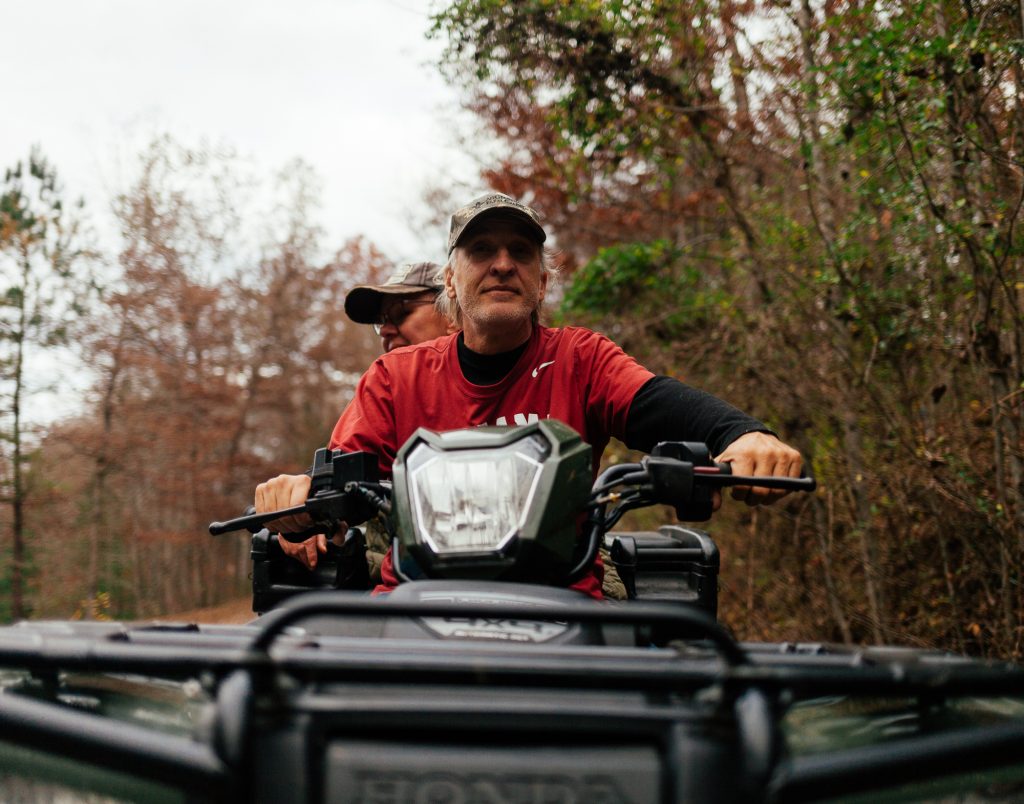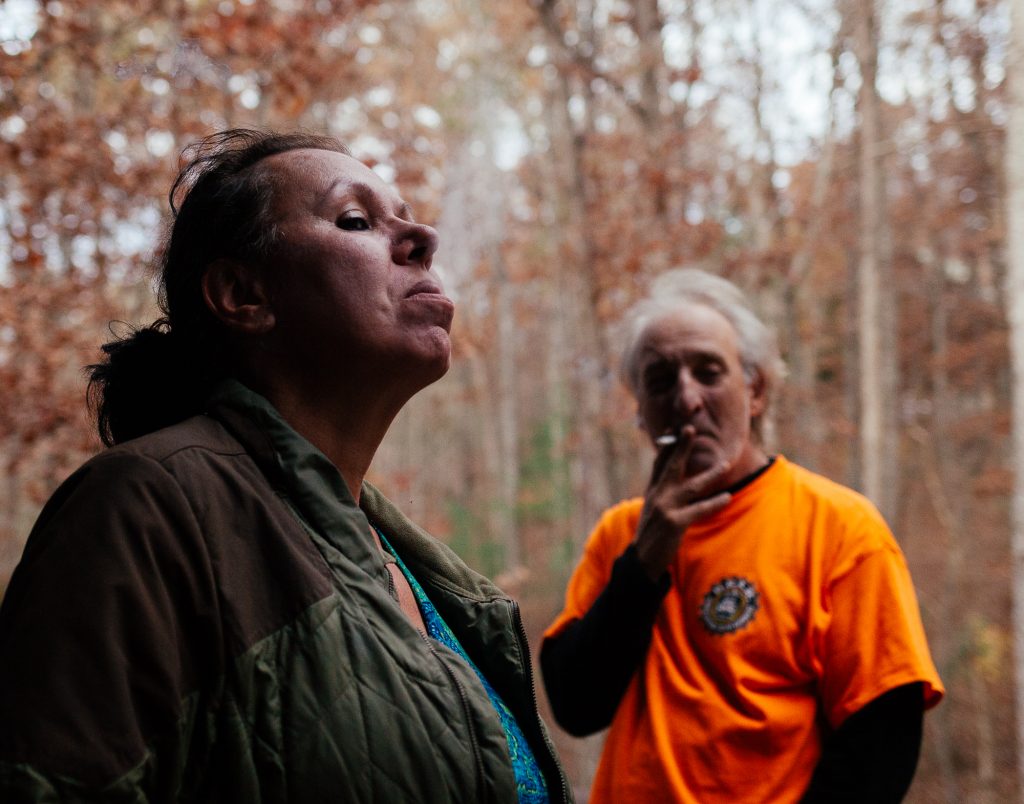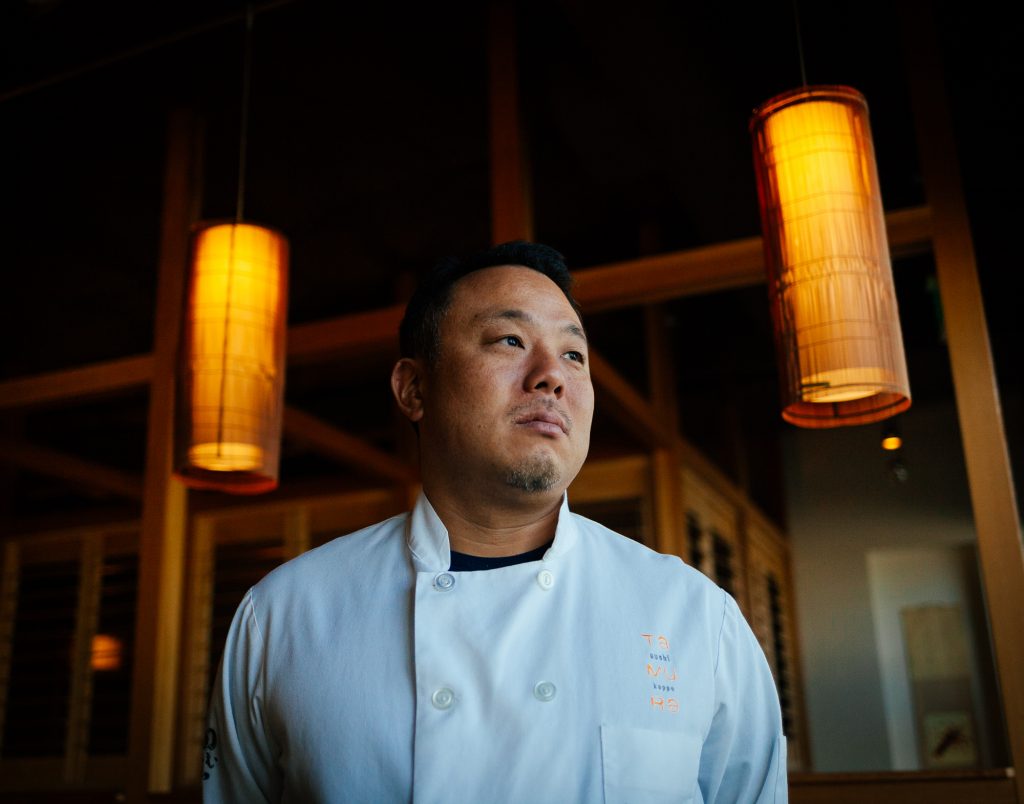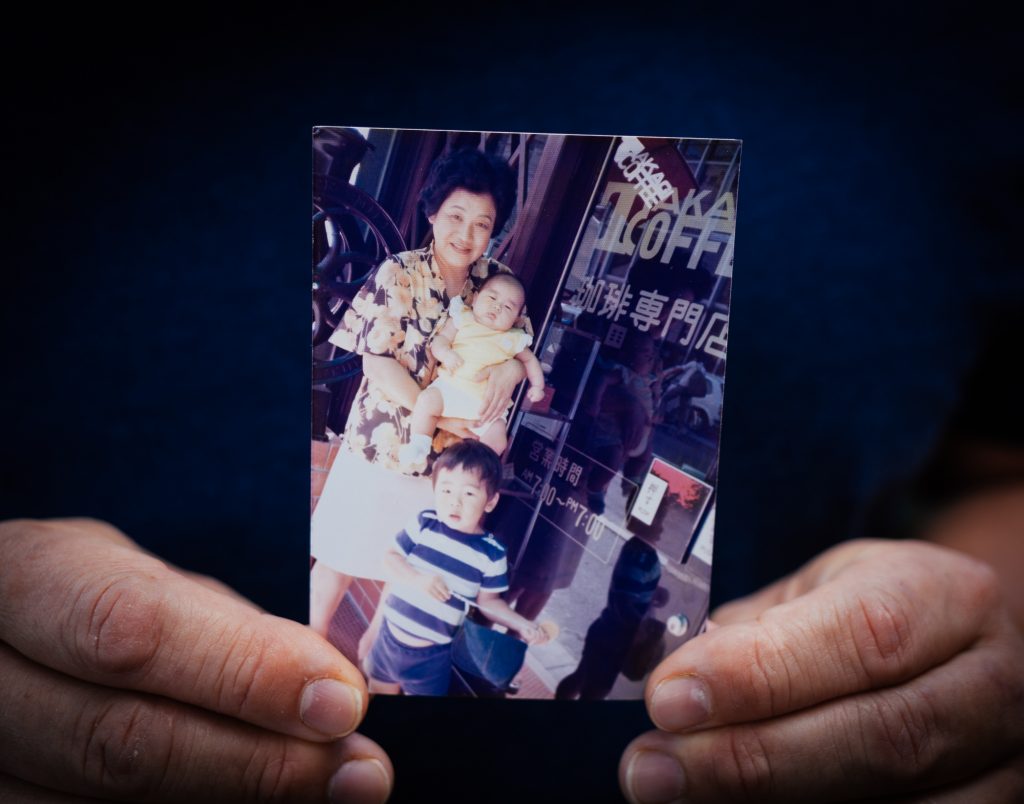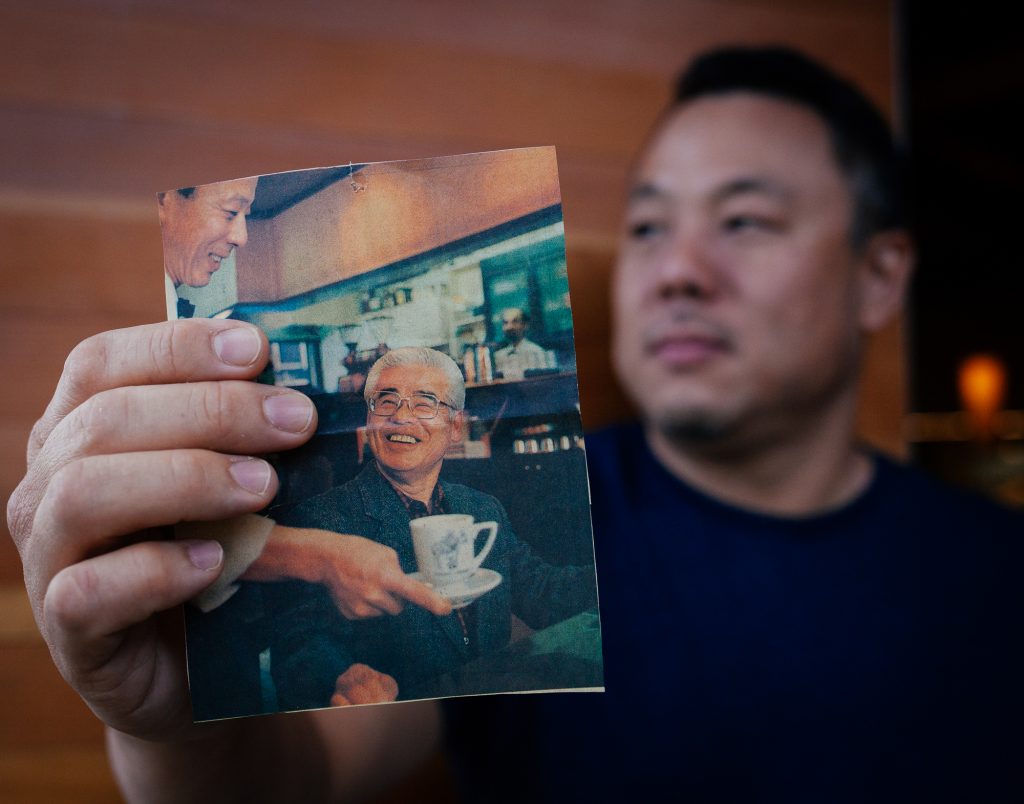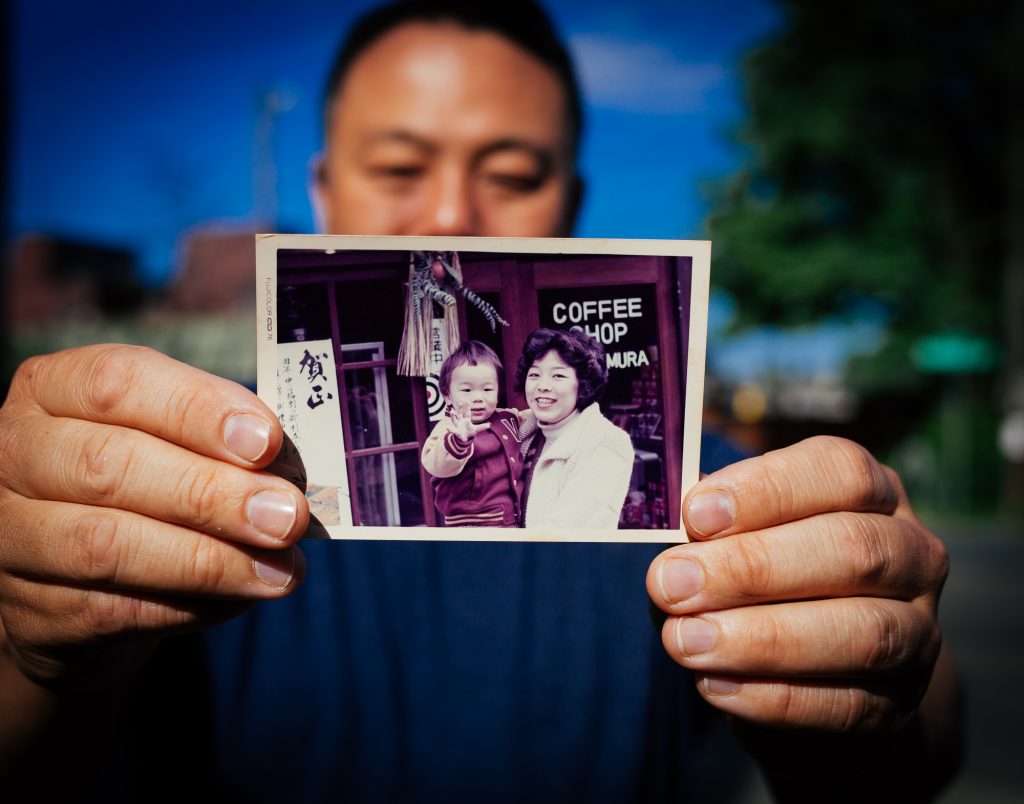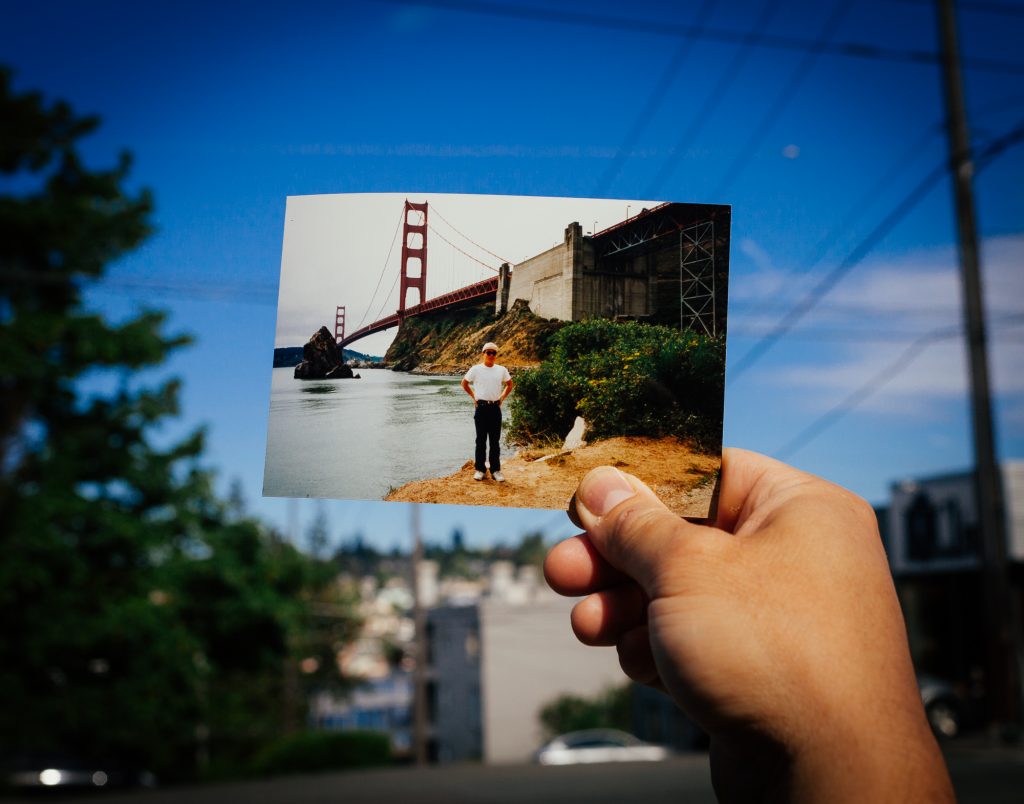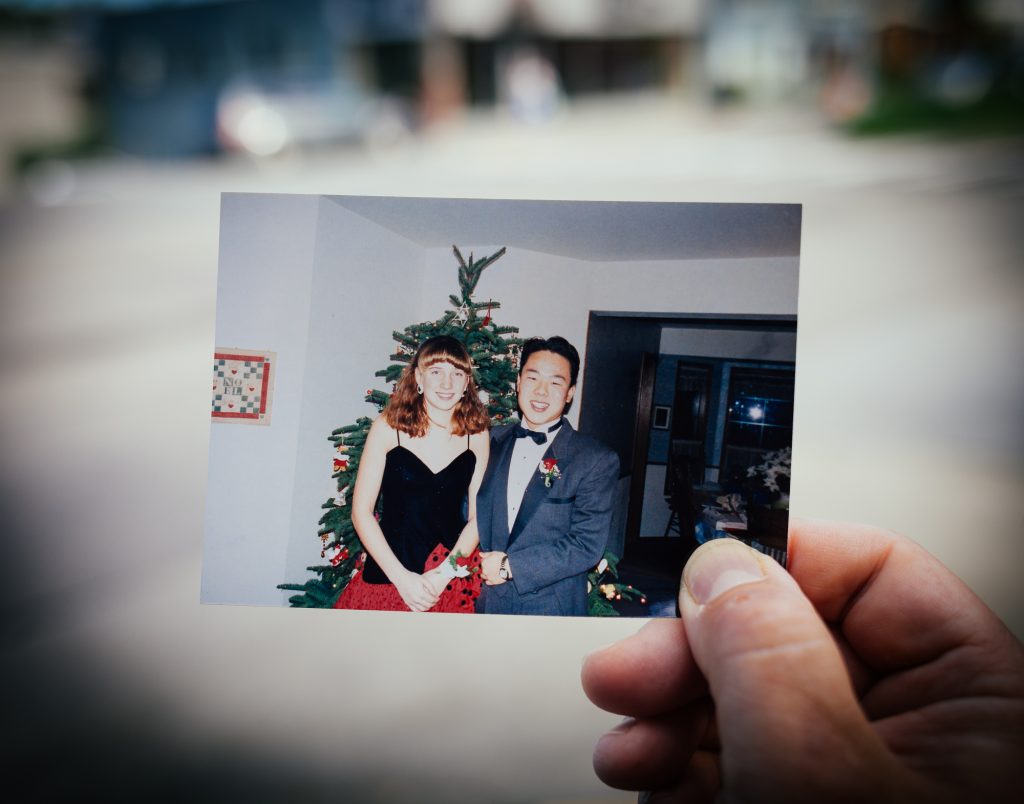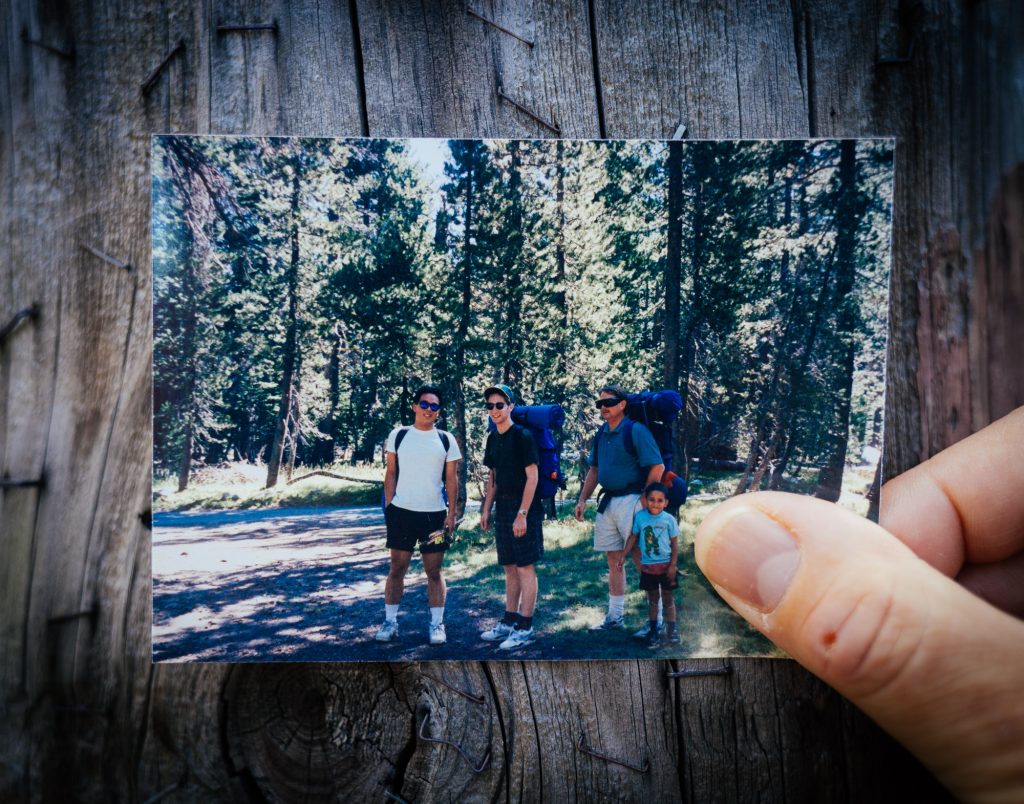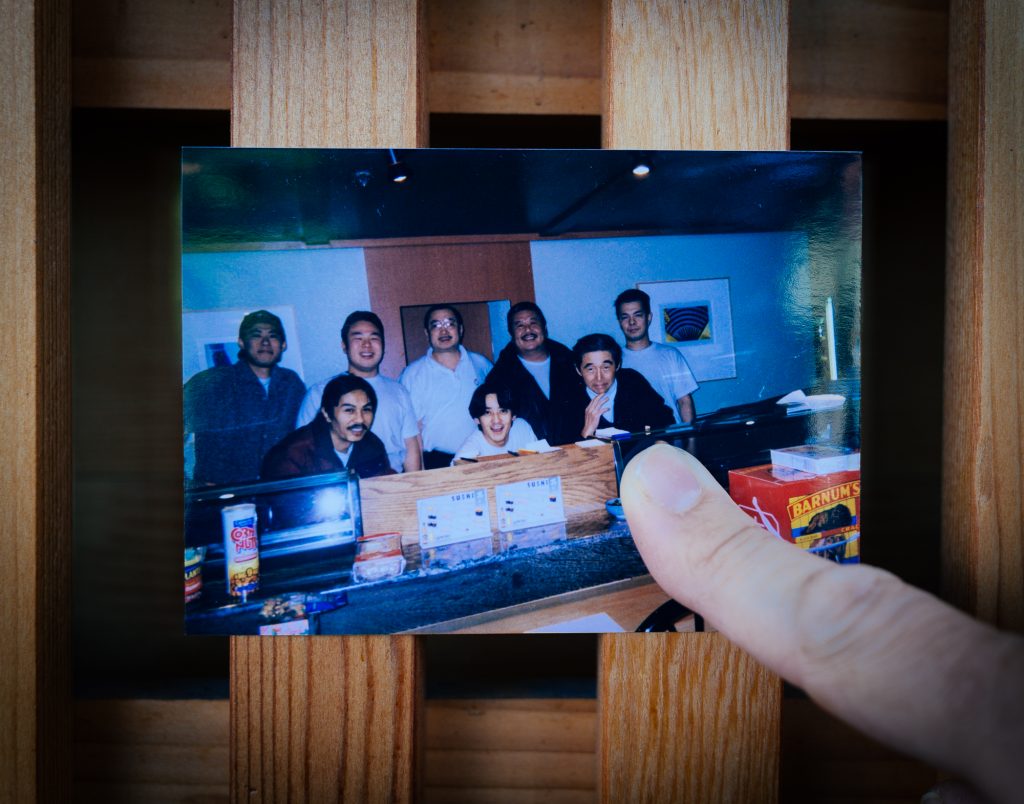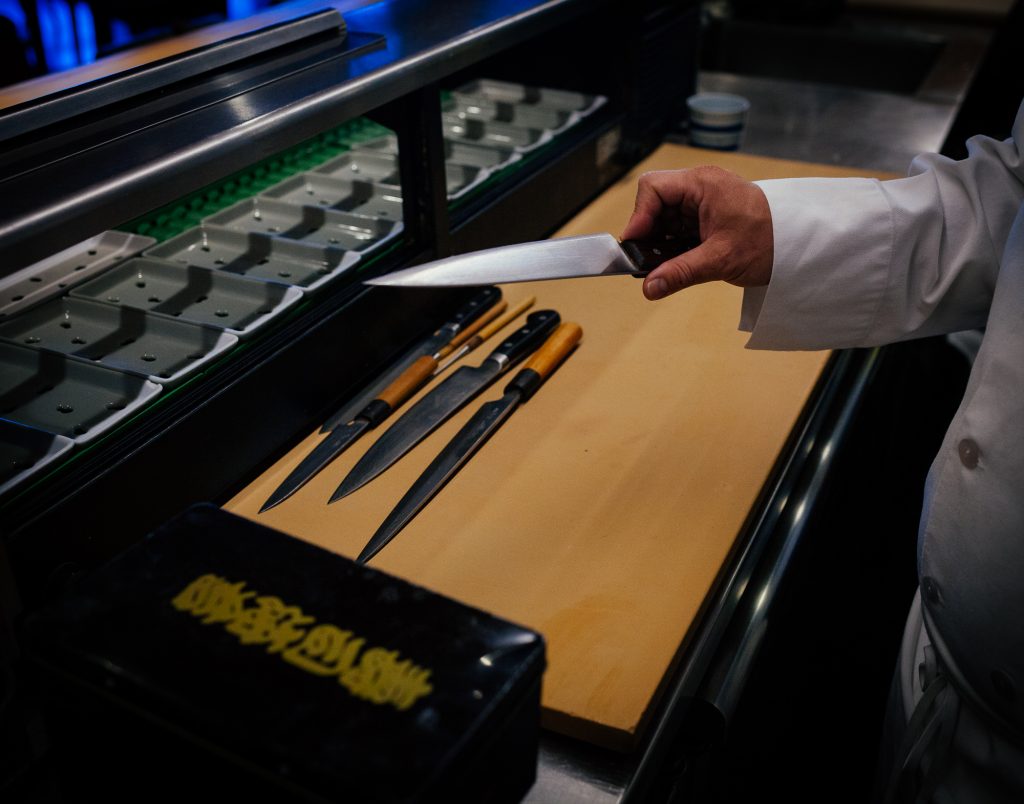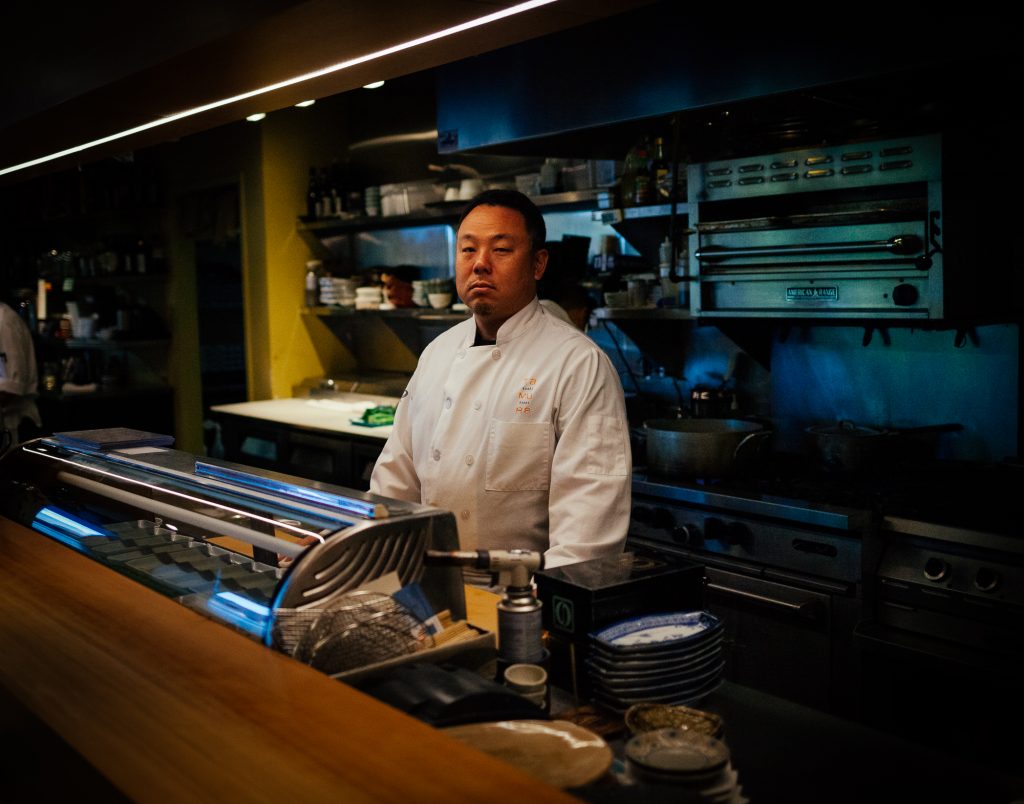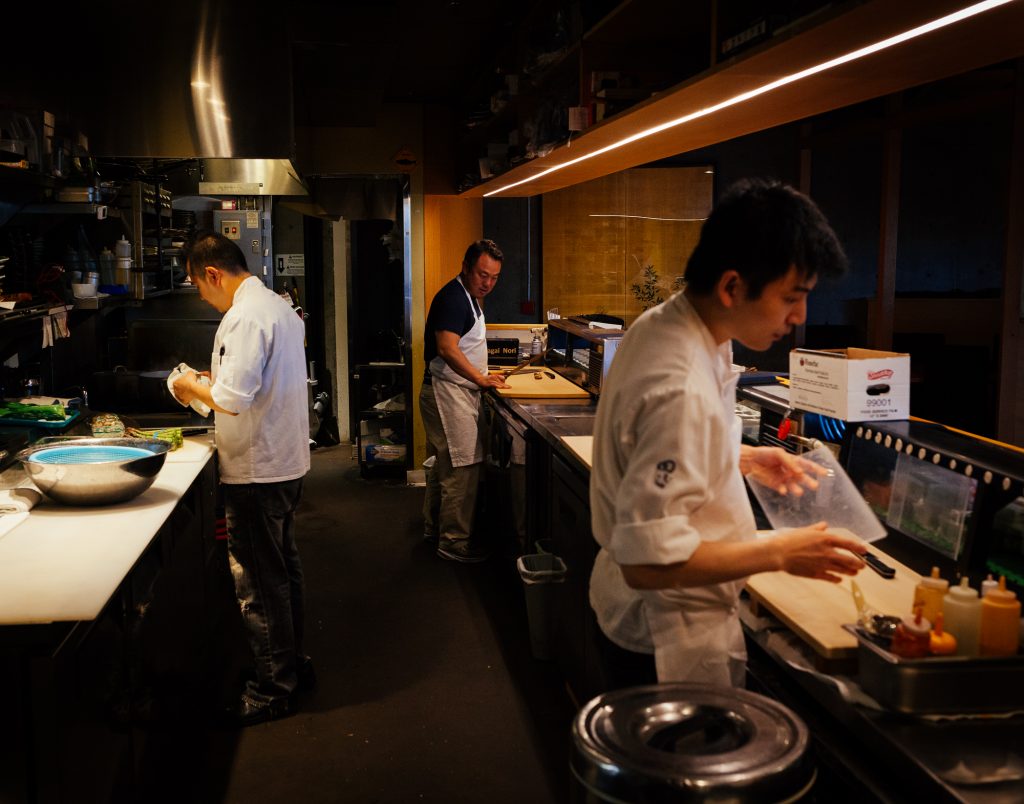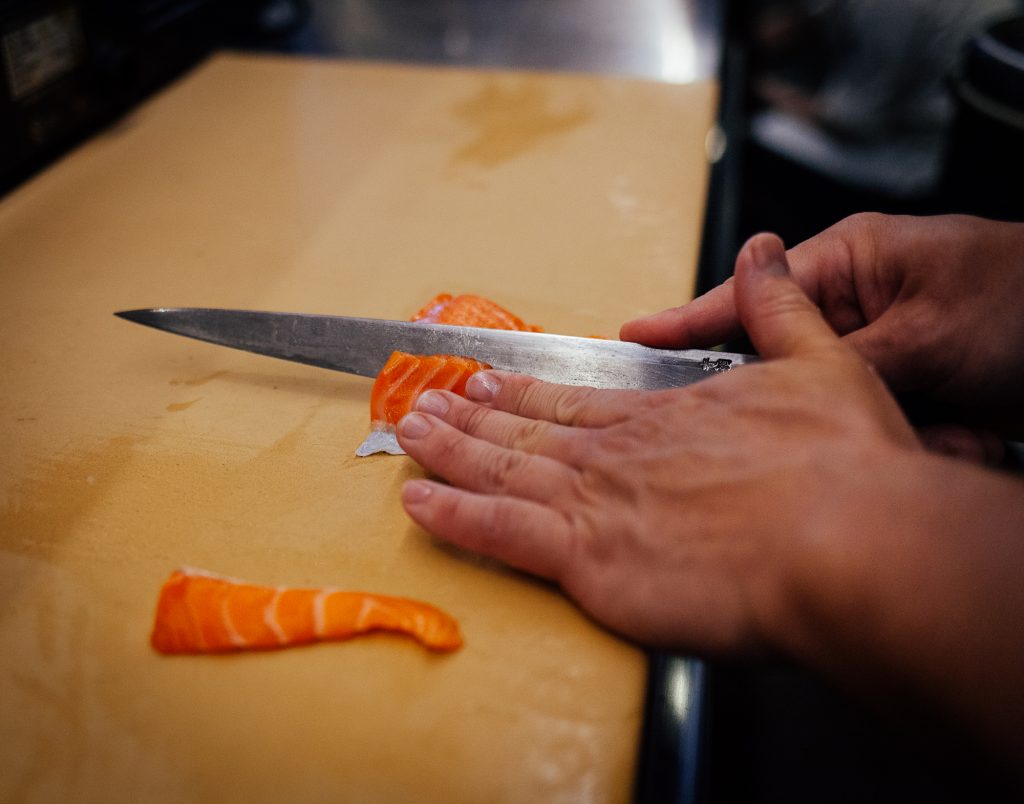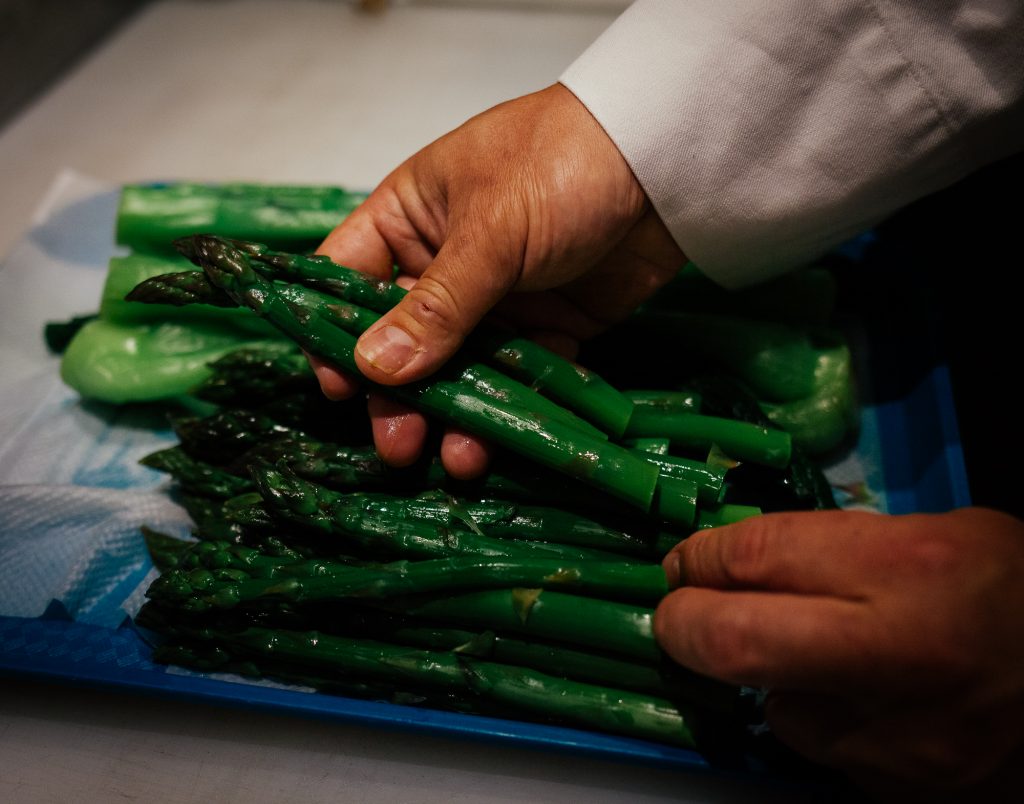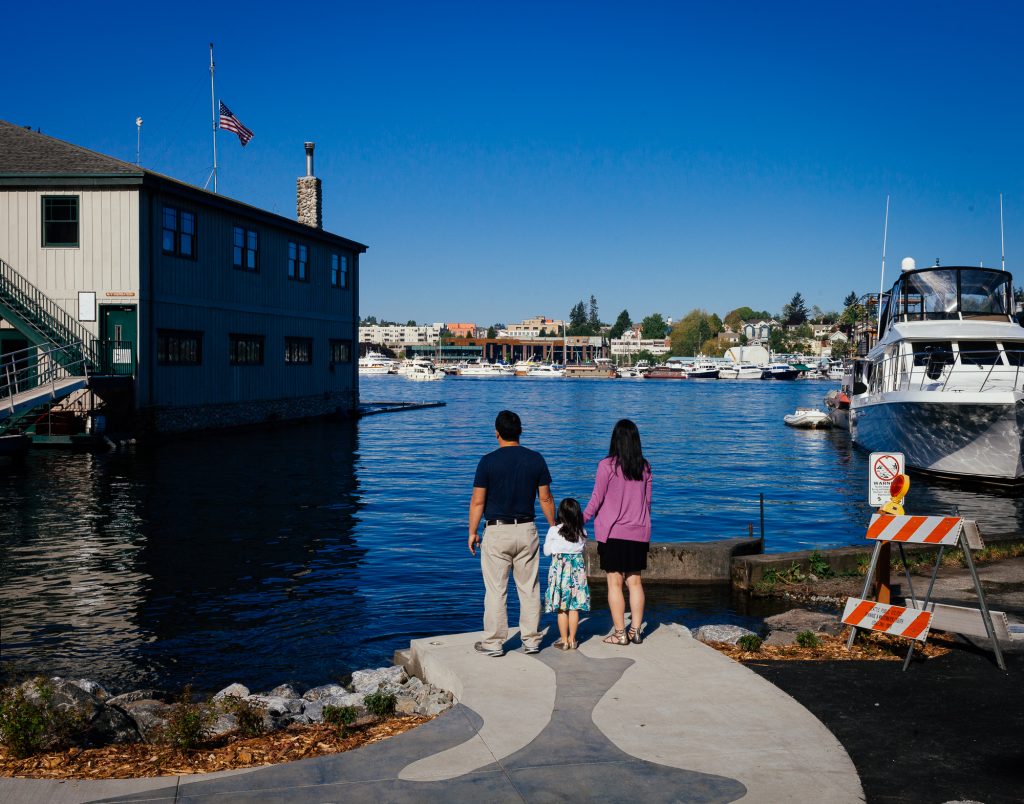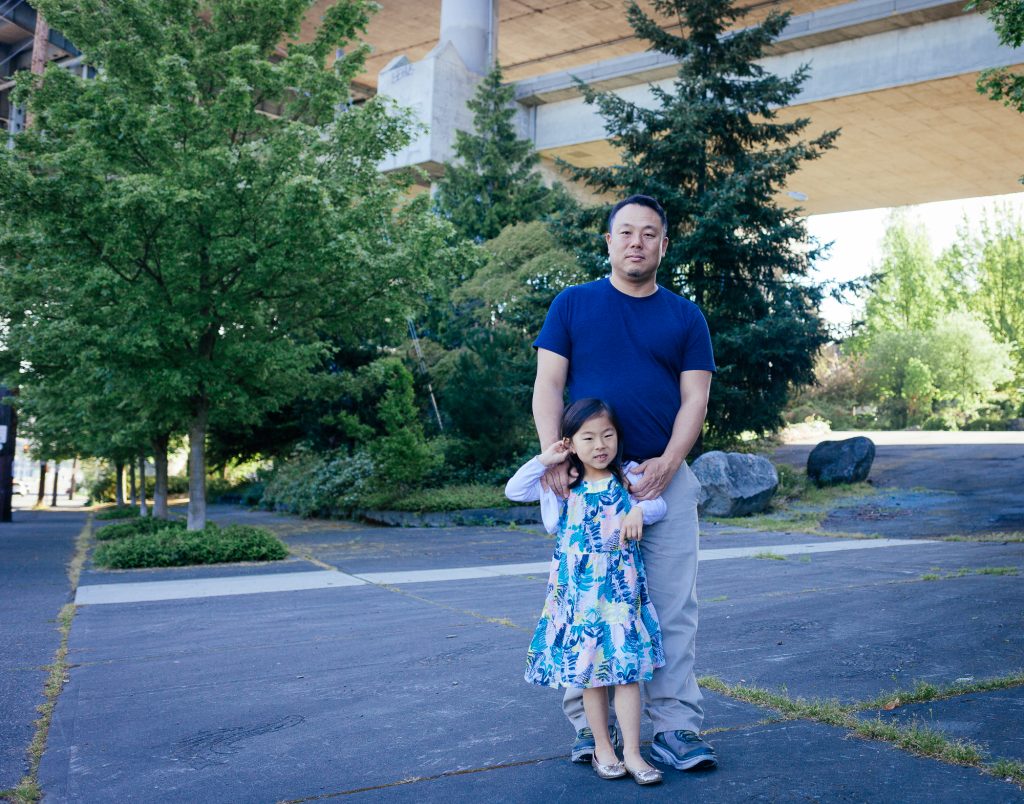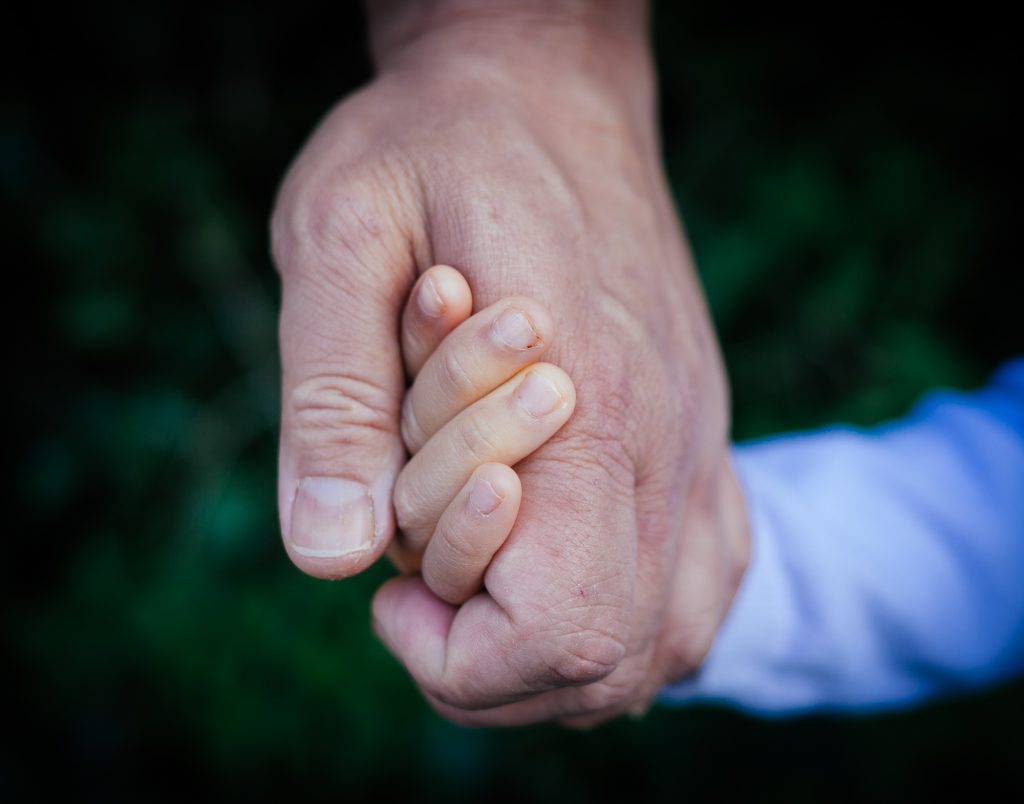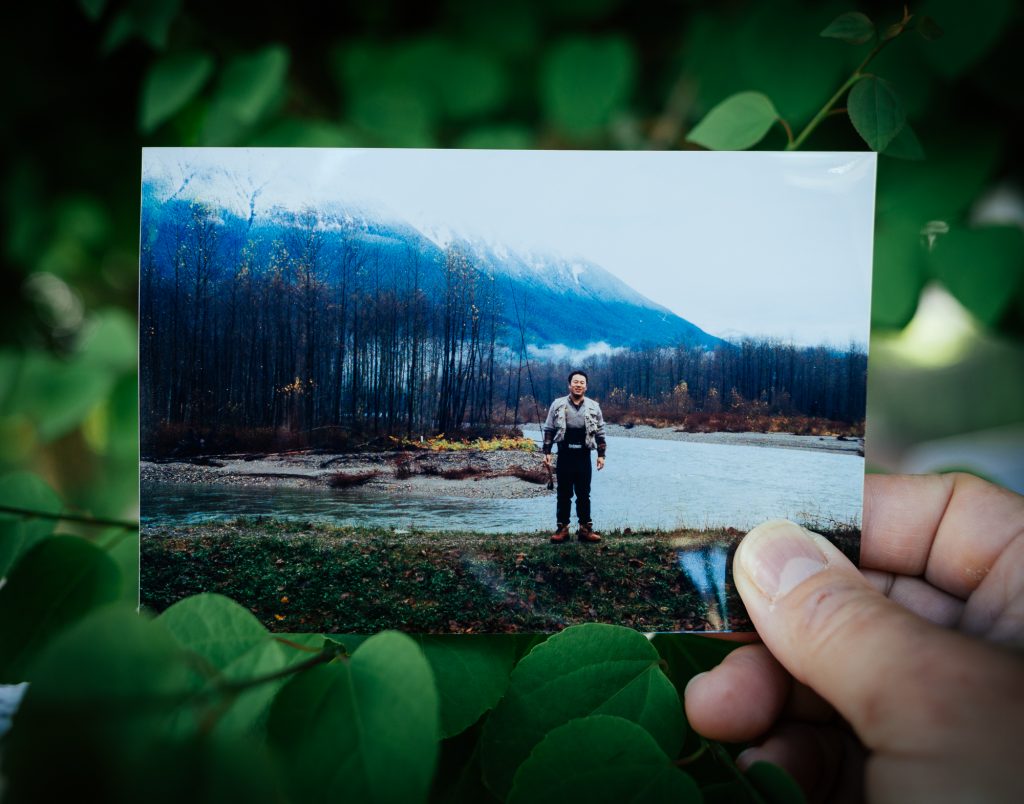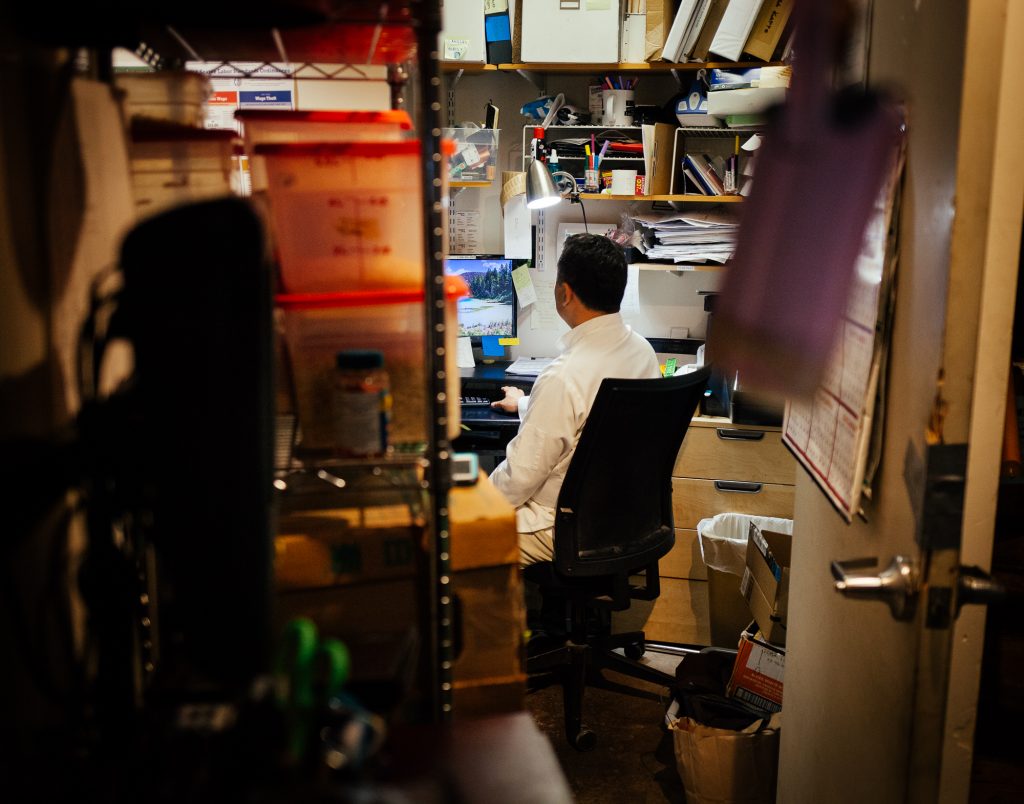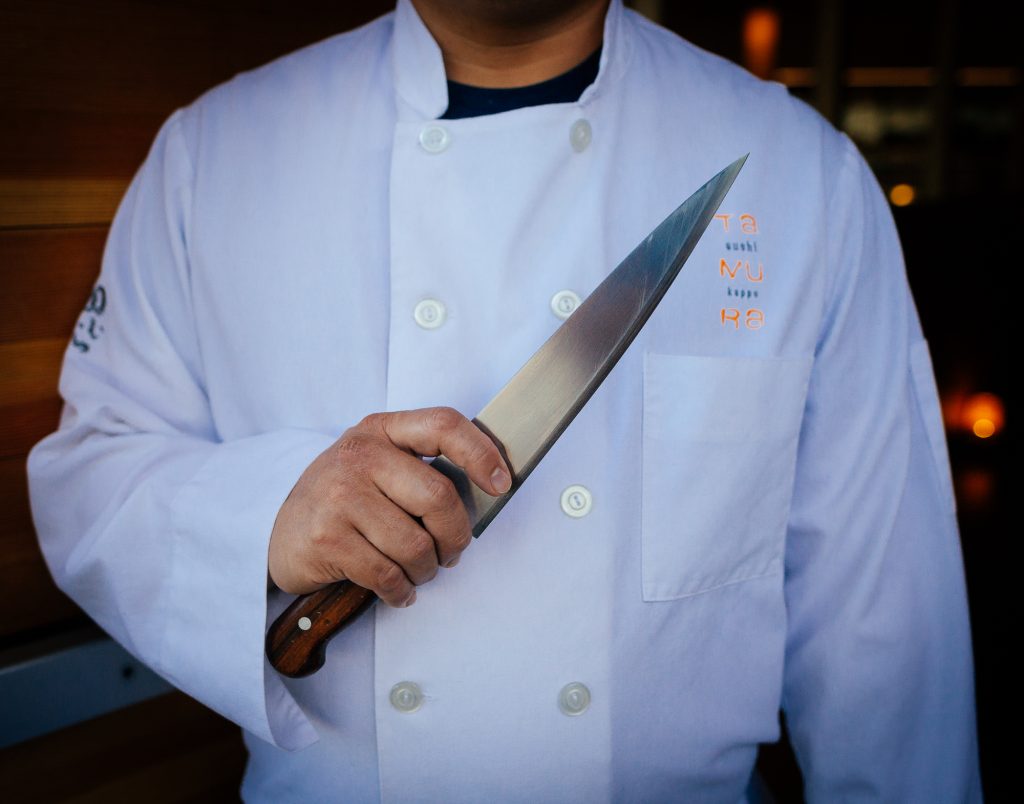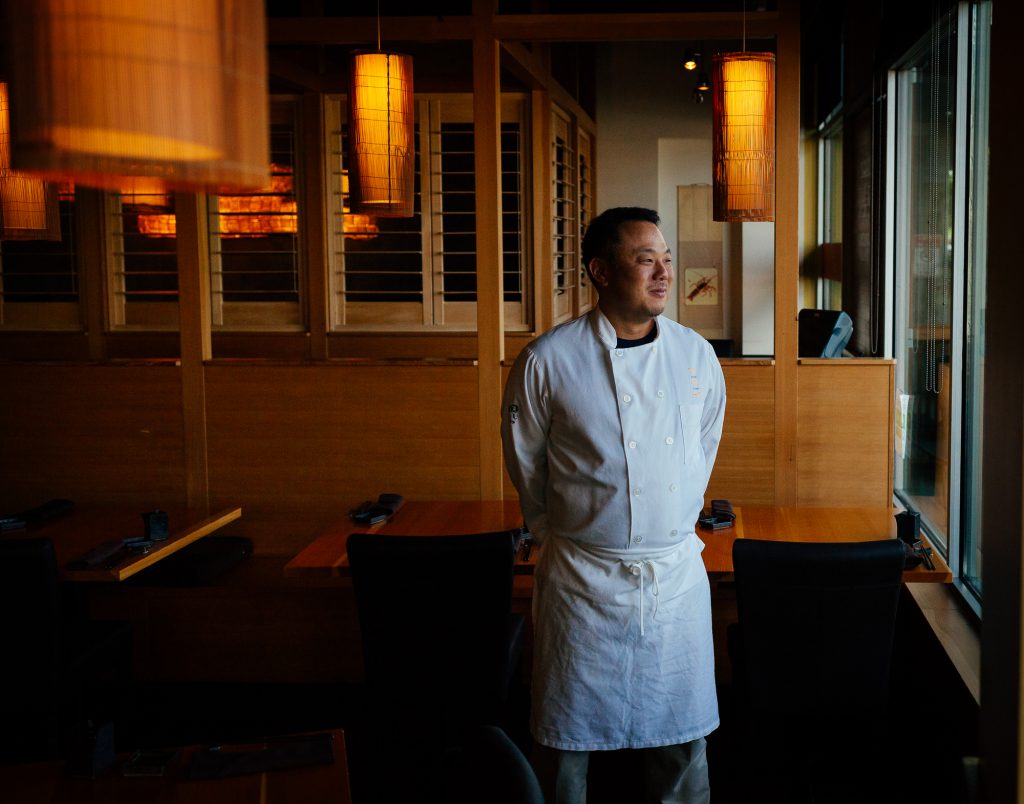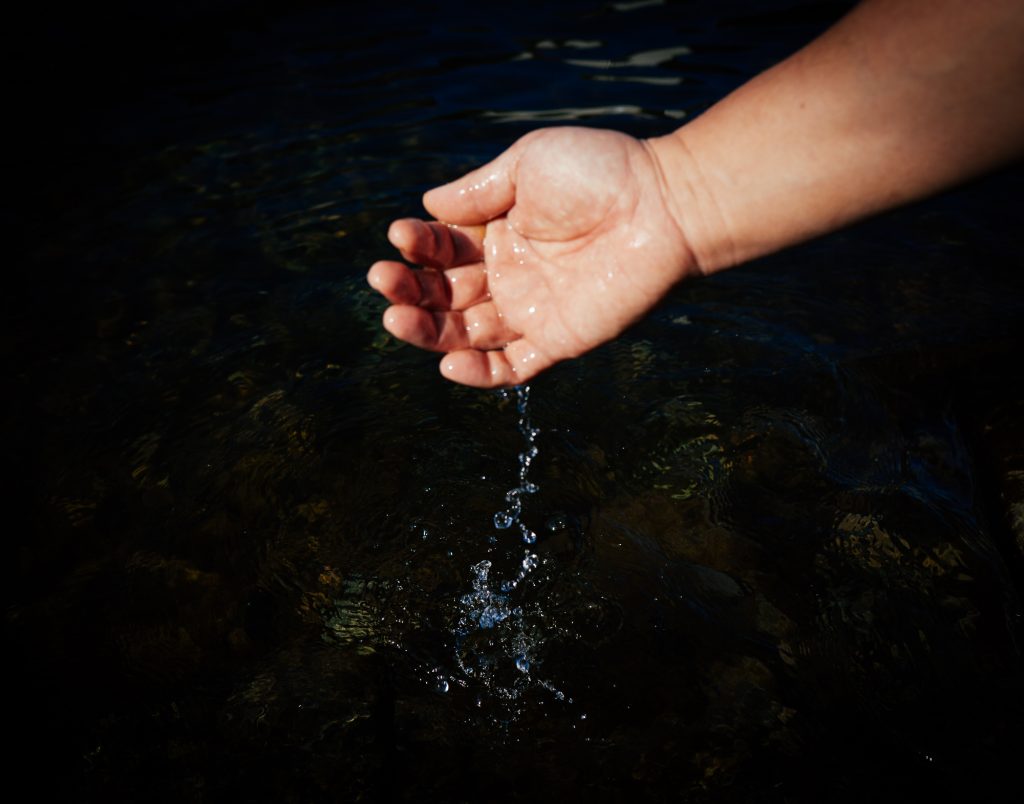
Childhood
Elke grew up on a farm outside the town of Vellberg, Germany, where she remembers working hard as a child. Every day after school, she would come home and help feed the animals. While her father always wanted a boy, he ended up with four girls. From an early age, Elke dreamed of finding a husband and having children. (audio below)

Elke says, like most Germans, she traveled a lot. She explains how, in the US, someone may go from Alabama to Florida, while in Germany within a similar distance, you would go to France or Austria. Whenever she had extra money, she would travel through Europe by train.
Costa Rica
In 1989, Elke decided to take her biggest trip yet – a three-month solo adventure to Costa Rica. After a month, she was on the bus when she met an American named Tom, who was living in Costa Rica. He owned horses, and Elke wanted to buy one.

When Tom went to Costa Rica, he didn’t plan on returning to the USA. To make a living, Tom first improvised by making fresh orange juice and selling it to tourists. This business didn’t last long as he was picked up by the authorities and taken to jail. While he was in prison, he was befriended by one of the officers, who would later become the head of immigration and eventually helped Elke and Tom escape from Costa Rica.

Romance
After being released from detention, Tom bought horses and started his own business – an off the grid tourist resort of sorts. Elke rented a horse from Tom a few times, and then they went on a “real date.” Tom reflects:
“We walked down to the next town, Cabuya, to eat at a little bitty restaurant with just two or three tables – and had a great meal. This was after swimming in a beautiful little river there with Rio Lajas coming out of Cabo Blanco – we made out for the first time, then we had that great meal. On the way back, we stopped along the road. Do you know that Beatles song ‘Do it in the road’? Well, we did ‘it’ in the road!” (audio below)

When Elke went back to Germany, it only took her one month to pack all her things and return to Costa Rica, and Tom. He was surprised when she came back, justifying it by saying [while laughing] “Elke came back for the horse.” (audio below)
They spent almost three years living together in Costa Rica before they had to leave.
“Living in Costa Rica was wild – like living in a movie. It was a constant struggle for survival, but you were living.”

They had the ocean and were meeting people from all over the world at the tourist resort they were running. They had little palm houses people could stay in and 40 horses.
Drugs
“We did a lot of drugs in Costa Rica. It was very cheap, and we abused it. I believe that if I had stayed away from drugs down there, I would still be there.”
The neighbors reported Elke and Tom to the Costa Rican authorities for being cocaine dealers [they were users, not dealers]. Tom remembers when two truckloads of men with machine guns showed up and shot up the farm.
They had brought in a partner to help them manage the business, and he took advantage of the situation – without paying them for it, he essentially took control of the farm. They lost the property, and Tom was thrown in jail. Tom blames his drug use for his inability to stand up to this partner and maintain the business.
“I think it is just right that when you are doing that much drugs, you end up losing everything. When you screw up, life will punish you”. (audio below)

“My passport shows that I’m still in Costa Rica. I got out of the country and never looked back.”
United States
With Elke being seven months pregnant, they escaped Costa Rica. With the help of the head of immigration who Tom knew from his previous detention, and made their way to Orlando, Florida. Destitute, without money or clothes, friends let them sleep on their couches. Over time they managed to move into a microbus, then to an apartment and finally a small house in Samford, Florida, which they purchased. They enrolled in college and, when finished, moved to Georgia, where their second child was born.
Trout Shipping
In 2004, a man they met offered them his trout shipping business. They bought this business and continue to operate it while living in the Appalachian mountains. It is routine business, and they also ship apples now. Once they receive an order, they pick up the shipment and deliver it. Elke says all they need is a truck, which doubles as her office, and a cell phone.

Helping Strangers
Tom has a strong sense of empathy towards those in need, which can be attributed to his experience of hitting rock bottom while in Costa Rica. He remembers the people who helped them when they were in need and wants to do the same for others.
Elke and Tom have hosted more than 800 people in their house over the years. It is usual for Tom when he is making his trout shipments to Atlanta, to invite people who are facing hardships up to their home in the Appalachian mountains. They host kids that were living on the street, couch surfers, hitchhikers, and they hosted a big group from the Occupy Movement. One older man brought scabies into their house, but they still love him. Tom says,
“I can see a little bit of me in every single person that comes here.”

They have hosted people who have committed all sorts of crime from armed robbery to murder – helping them all get on their feet after being in jail. Usually, they don’t have any problems, but on the rare occasion, they do. One guy pulled a knife [see the above photo] on Elke, which she confiscated.
One young man they had taken in after he got out of jail told Tom he wanted to shoot, so Tom set a bottle up as a target off the deck. The youth shot a whole magazine at the bottle and didn’t hit it. Tom fired one shot, hit the bottle dead on, then turned to this young man, looked him directly in the eyes and said:
“If you pull a gun on someone in Atlanta, and they are someone like me, you will die. Get out of this life of crime.” (audio below)

Family
One person who has been with them longer than most is Dana [see the photo below] – someone they say “fell through the cracks.” Dana has many health problems, no real family, and had lived on the streets while battling alcoholism. When they first took Dana in, they weaned him off alcohol, but he started having seizures. With Tom and Elke’s help, Dana was able to secure disability insurance. Dana couldn’t stay away from alcohol – and it was common for him to be arrested and then returned to Tom and Elke. For a while, Dana tried living with his brother but ended up getting kicked out, and once again, Tom found him living on the streets in Atlanta, and “just wanted to get him home.”
They have developed a real connection to Dana, and he has a permanent home in their basement. Elke gives him “two to three beers every day and a bottle of moonshine for his birthday, and he is as happy as a clam”.
“Wherever we go, we take Dana. He’s family.”

Elke and Tom love having dogs, especially Great Danes. At one point, they had ten dogs, and seven of them were Great Danes. Now they only have two, Lluvia and Luna.
“We love big dogs. Every day with them is a blessing.”
German
Elke stays connected to Germany by reading German authors such as Herman Hesse, who is her favorite. Hesse was born ten miles from her hometown. Elke also keeps in touch with her German family over WhatsApp. She misses her mom’s cooking, especially the potato salad and the German beer, small towns, and little festivals.
Elke regrets not teaching her children how to speak German. She felt like she was too busy learning English to teach them, German. When Elke met Tom, she had five years of English language education from Germany. Despite this, Elke says she could barely speak the language.

Elke doesn’t have any German friends in the US, but some of her friends from Germany have visited. One time she had friends from Germany visiting, which resulted in a bullet hole through their kitchen window [see the above photo].
“We had a great time here together. My friend, her husband, and I were upstairs printing off a ticket. Tom was sitting on the computer dry firing. For some reason, there was a bullet in the gun. It went boom – Tom fired off a shot. It was quite an event! ”
Tom jokes:
“I’m famous in Germany now! We haven’t had any Germans come back.” (audio below)
Elke and Tom love living in Georgia – although Elke believes that it doesn’t matter where you live in the US, you can meet friendly people.
“Georgia is beautiful. We have a really good life here.”
Living Well
Despite no longer partying the way they did in Costa Rica, Elke and Tom are still extraordinarily social and love entertaining. They had 150 people over to their cabin to watch the eclipse and even hired a mariachi band for the occasion. They’ve been married for more than a quarter-century, and according to Tom, he does whatever she tells him to do. (audio below)

Within the next decade, they plan to sell their trout business and build tiny homes to house tourists on their property. They see this enterprise as a way to continue hosting and interacting with diverse people while living up in the Appalachian Mountains of Georgia.
#FINDINGAMERICAN
To receive updates on the book release and exhibition of “Finding American: Stories of Immigration from all 50 States” please subscribe here. This project is a labor of love and passion. If you would like to support its continuation, it would be greatly appreciated!
© Photos and text by Colin Boyd Shafer | Edited by Janice May & Kate Kamo McHugh. Quotes edited for clarity and brevity.
